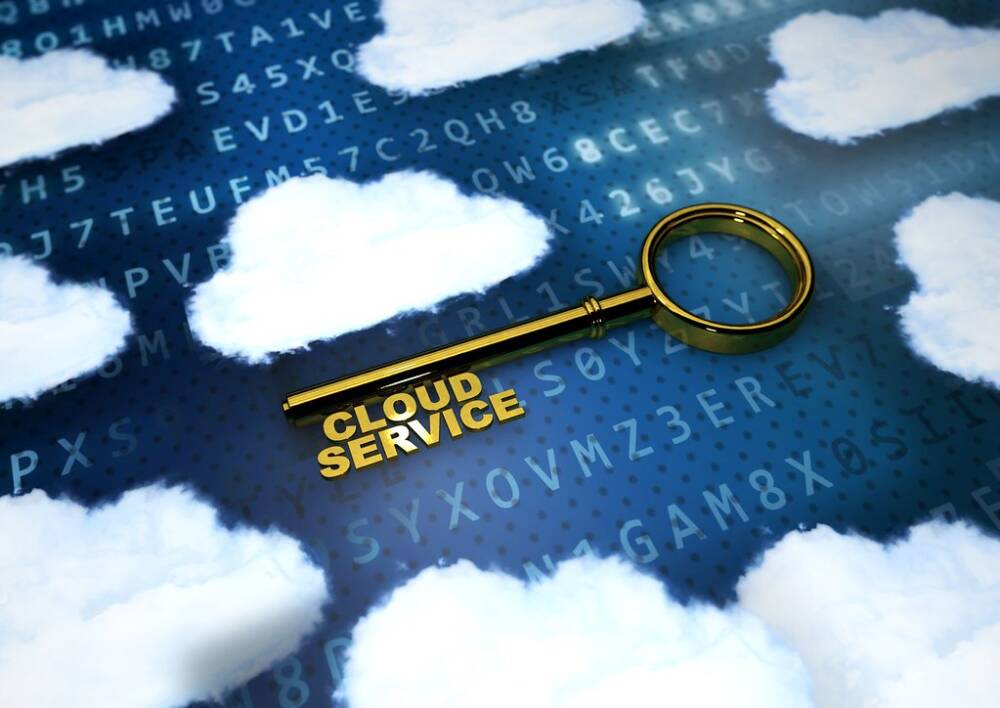As businesses grow and adapt to modern tech needs, finding the right cloud solution becomes critical. You’ve probably heard about cloud services—maybe you’re already using them—but have you considered the benefits of hybrid cloud? Whether you’re a start-up or a well-established company, hybrid cloud could offer the perfect mix of flexibility, security, and efficiency your business needs.
What Exactly Is Hybrid Cloud?
Let’s clear this up first: a hybrid cloud setup combines public and private cloud environments, allowing your business to use both as needed. With hybrid cloud, you can keep your critical data secure in a private cloud while taking advantage of the scalability and cost-effectiveness of the public cloud.
Now, let’s dive into the top five reasons why hybrid cloud is something you should be seriously thinking about for your business.
1. Flexibility & Scalability
One of the standout perks of hybrid cloud is how flexible and scalable it is. Ever had times where your business needs to handle more data or traffic than usual? Maybe there’s a promotion running or a new product launch—demand can skyrocket.
Hybrid cloud makes scaling up a breeze. You can shift those high-traffic, data-heavy tasks over to the public cloud while keeping core functions and sensitive data safe in your private cloud. When things calm down, you scale back, without spending a fortune on infrastructure you only need part-time. It’s like having a backup plan, ready when you need it, without overcommitting.
2. Boosted Security
Data security is no joke. If your business handles sensitive information, like customer data or financial records, hybrid cloud is a smart move. You don’t have to put everything out there in the public cloud where it might feel vulnerable. Instead, you can store your most crucial data in a private cloud, under lock and key, and let the public cloud handle less sensitive operations.
For industries that require tight compliance—think healthcare or finance—the hybrid model lets you tick all the security boxes. You can meet regulatory standards and still enjoy the perks of public cloud services, without compromising on data safety. The balance here is key: you get the security you need without sacrificing flexibility.
3. Cost Efficiency
Every business has a budget, and finding ways to keep costs low is always a priority. Hybrid cloud helps you do just that. Instead of investing in expensive private servers for everything, hybrid cloud lets you balance the cost.
Here’s how it works: use the public cloud for high-demand, day-to-day operations where storage costs are lower, and reserve the private cloud for critical or sensitive data. This approach means you’re not overpaying for storage or processing power you don’t actually need. Plus, because you’re not locked into one type of cloud service, you can adjust your spending based on usage. It’s an adaptable, budget-friendly solution.
4. Better Performance
Performance issues can pop up if you’re relying on just one type of cloud service. Public clouds are great for flexibility but can suffer from latency issues, especially if your business handles complex or data-heavy applications. On the other hand, a private cloud can offer better speed and reliability for your most important tasks.
A hybrid cloud setup lets you pick and choose where different applications run. You can put performance-critical workloads in your private cloud to ensure everything runs smoothly while leaving less demanding tasks for the public cloud. In this manner, you are not sacrificing effectiveness in the areas that really matters. It is about achieving a harmonious combination of speed and productivity.
5. Disaster Recovery & Business Continuity
While unpleasant, it is important to consider potential worst-case situations, and having a backup in place is crucial. Hybrid cloud services provide a reliable contingency plan in case of unexpected challenges, as they often occur.
With hybrid cloud, your business can store backups across both public and private environments. So, if disaster strikes and your private cloud goes down, you’ve still got copies of essential data stored securely on the public cloud. This drastically reduces downtime and ensures you can recover quickly, keeping your operations running smoothly. The result? Less stress, fewer disruptions, and peace of mind knowing you’ve got a solid safety net in place.
Wrapping It Up
Hybrid cloud isn’t just another tech trend—it’s a strategic move that can transform how your business operates. By blending the strengths of both public and private cloud environments, hybrid cloud gives you flexibility, enhanced security, cost savings, improved performance, and a reliable disaster recovery plan.
The beauty of hybrid cloud is in its adaptability. You’re not forced into an all-or-nothing decision. Instead, you get to tailor the cloud solution that best fits your needs, budget, and goals.
So, if you’re ready to take your cloud strategy to the next level, it might be time to seriously consider hybrid cloud. With benefits like these, it’s clear why so many businesses are making the switch. Ready to explore hybrid cloud for your business?
MKTPlace is a leading digital and social media platform for traders and investors. MKTPlace offers premiere resources for trading and investing education, digital resources for personal finance, news about IoT, AI, Blockchain, Business, market analysis and education resources and guides.














